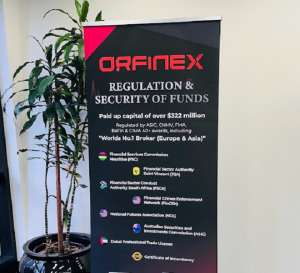ESMA FinTech report concludes most innovative business models can operate within existing rules
Regarding regulation of firms whose business models involve DLT and ICOs, the watchdog does not make additional recommendations for changes in EU regulation.

The European Securities and Markets Authority (ESMA) has earlier today published a report on the status of licencing regimes for FinTech firms across the European Union (EU).
The report is based on two surveys conducted by ESMA since January 2018, which gathered evidence from national competent authorities (NCAs) on the licensing regimes in their jurisdictions. The first survey conducted in January 2018, sought to identify potential gaps and issues in the existing EU regulatory framework. The second survey, launched in January 2019 attempted to identify the ways in which NCAs employed the concepts of ‘proportionality’ and ‘flexibility’ when licensing FinTech firms.
The Surveys confirmed that NCAs do not typically distinguish between FinTech and traditional business models in their authorisation and licensing activities.
The primary area where regulatory gaps and issues have been identified by NCAs and where FinTech firms do not fit neatly within the existing rules is related to crypto-assets, ICOs and DLT. NCAs called for more clarity at the EU level with respect to the definition of financial instruments and the legal status of crypto-assets. The NCAs’ responses served to confirm ESMA’s Crypto Asset Advice that certain tokens are financial instruments and subject to the full attendant regulation, while those tokens that are not deemed financial instruments should be subject to some minimal level of regulation.
Finally, there is a continuing discussion as to the need for an EU wide holistic crowdfunding regime, particularly for crowdfunding based on non-MiFID II instruments. The regulation of crowdfunding service providers is under scrutiny by the European Parliament and the Council and is expected to facilitate a the level playing field for cross-border service providers.
The Report addresses one of the five action points of the European Commission FinTech Action plan, namely ESMA’s mandate ‘to map current authorising and licensing approaches for innovative FinTech business models in Europe’.
ESMA concludes that, based on the evidence gathered, that at present most innovative business models can operate within the existing EU rules, and reinforces its conclusions made in the recent reports on crypto-assets/ICOs/DLT, cyber security and innovation facilitators. However, the regulator does not make additional recommendations for changes in EU regulation at this stage, in line with the EBA and EIOPA conclusions in their respective reports.
ESMA also continues to foster supervisory convergence on the topic of crypto assets across Member States.









